Grieving Russian families are denied the right to identify their loved ones killed in Ukraine, as sealed coffins, missing evidence, and growing mistrust point to systemic military secrecy and human tragedy.
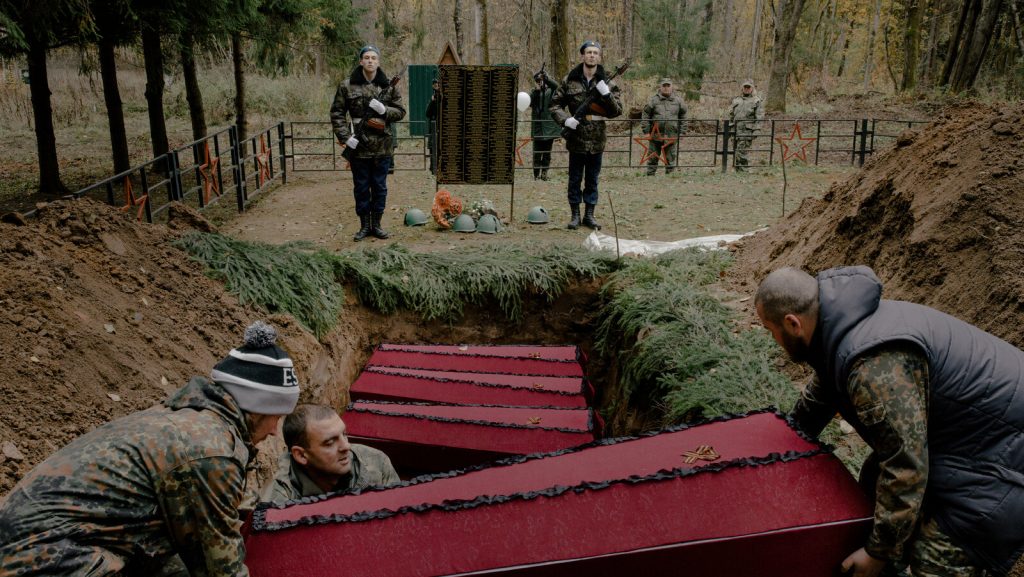
A Nation Buries Questions Alongside Its Dead
In a chilling pattern emerging across Russia, sealed coffins from Ukraine are being returned to grieving families—without confirmation, without documentation, and without dignity. The official reason? National security. The human cost? Unbearable uncertainty.
A Widow’s Nightmare
Valeria Mikhailova, a young widow from Armavir, buried her 23-year-old husband Maksim in early May. The coffin was sealed shut, and authorities warned the family against opening it under threat of criminal prosecution. No DNA test, no photo, no physical proof—just a name and a box.
“I often think, ‘Who did I bury?’” she confided. “I don’t know.” This question echoes across hundreds of households in Russia, caught in the disinformation fog surrounding the war in Ukraine.
Systemic Concealment of the Dead
Since the full-scale invasion began in February 2022, sealed coffins from Ukraine have become the standard protocol. Military officials routinely insist that opening the caskets is illegal, despite no such national law in place. Legal experts confirm that burial rights allow families to open coffins—except under health emergencies like COVID-19, which is no longer relevant.
What is the military hiding? The silence is as deafening as it is deliberate.
A Pattern of Mistakes—and Lies
The deception is not just about silence. In some cases, families later discovered they had buried strangers.
In Yekaterinburg, a soldier’s family received the wrong body. Only after the real remains arrived did they realize the error, forcing them to exhume and rebury. In Buryatia, a man officially declared dead shocked his family by calling home weeks later from a hospital.
These aren’t isolated incidents. They are evidence of chaos and concealment within a military system crumbling under the weight of its own lies.
A Legal Battle for Truth
The Mikhailov family now seeks a court order to exhume the body. But threats loom. “Think of your child,” officials warned Valeria. “Your son will grow up without a father—and possibly a mother in prison.” It’s a state-driven fear tactic. And yet, the family presses on.
The mother, Valentina Mikhailova, still clings to hope. Conflicting stories from the enlistment office, forged documents, and missing personal items fuel her suspicion that Maksim may still be alive.
“We were promised his belongings—passport, ID tags, personal effects. Nothing has arrived,” she said. Instead, they received only a handwritten note stating Maksim “died in an explosion.” No signature. No timestamp. No official seal.
Mutilated Bodies, Mixed Remains
This week, Ukraine’s Interior Minister Ihor Klymenko accused Russia of deliberately complicating body exchanges. Some remains arrive in mutilated states, others with body parts scattered in different bags, or even returned across separate shipments. It’s a gruesome process, made even more grotesque by its apparent intentionality.
No Accountability, No Closure
According to the Center for Strategic and International Studies, over 250,000 Russian soldiers may have died in Ukraine. How many were returned to families in sealed coffins from Ukraine? How many were misidentified? How many mothers buried sons they never saw?
The Russian government remains silent.
But the voices of the families grow louder—with lawsuits, questions, and a deep, irrevocable mistrery.

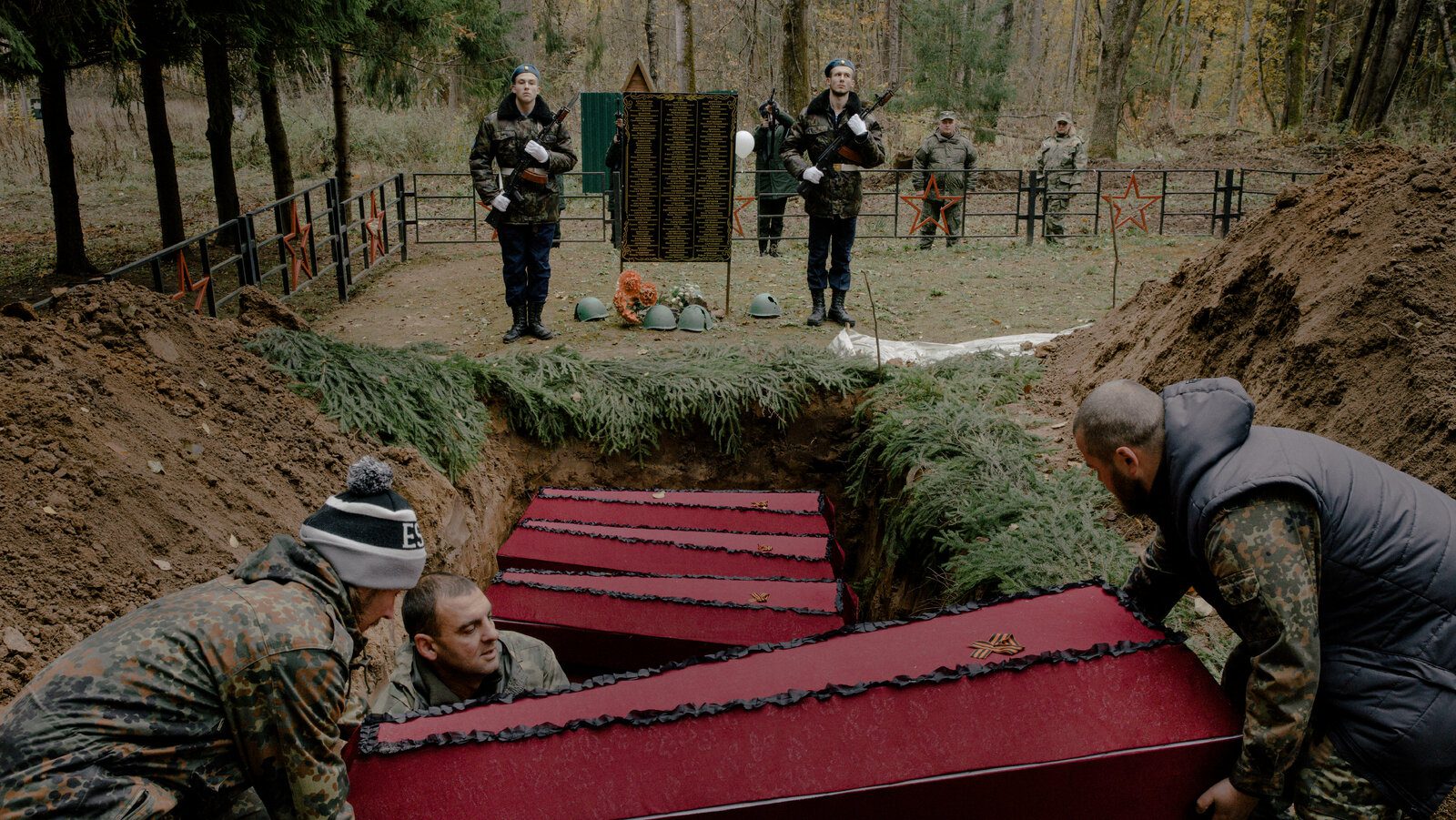










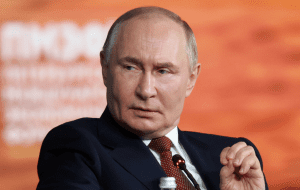
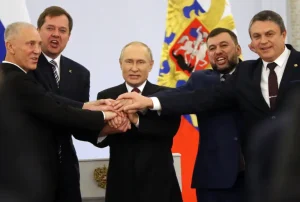
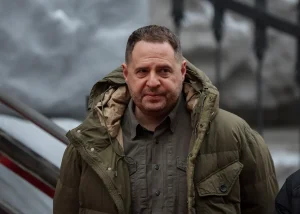
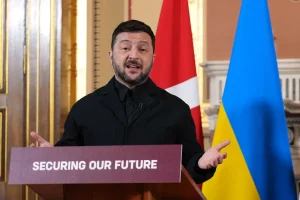
Comments are closed.